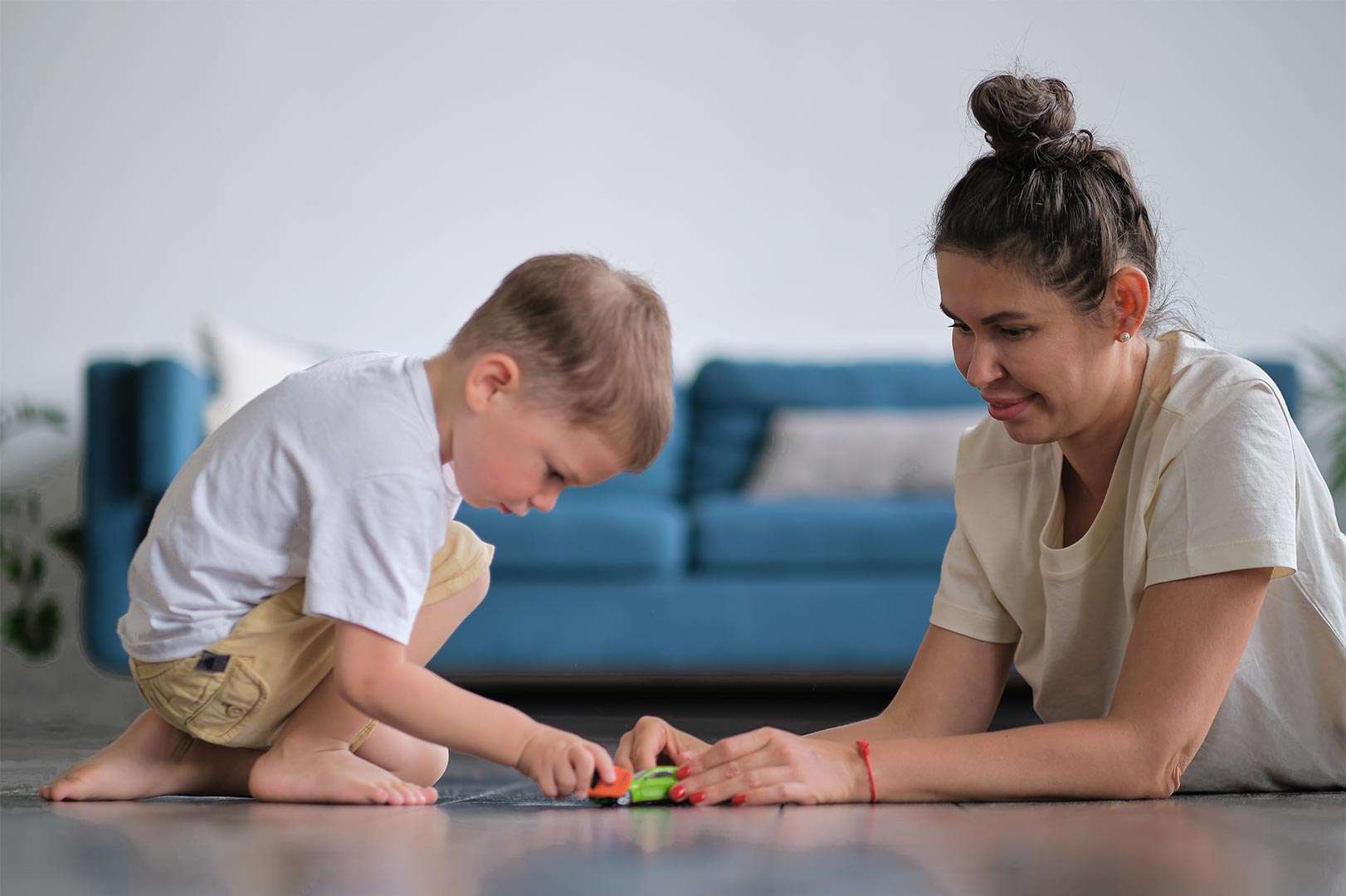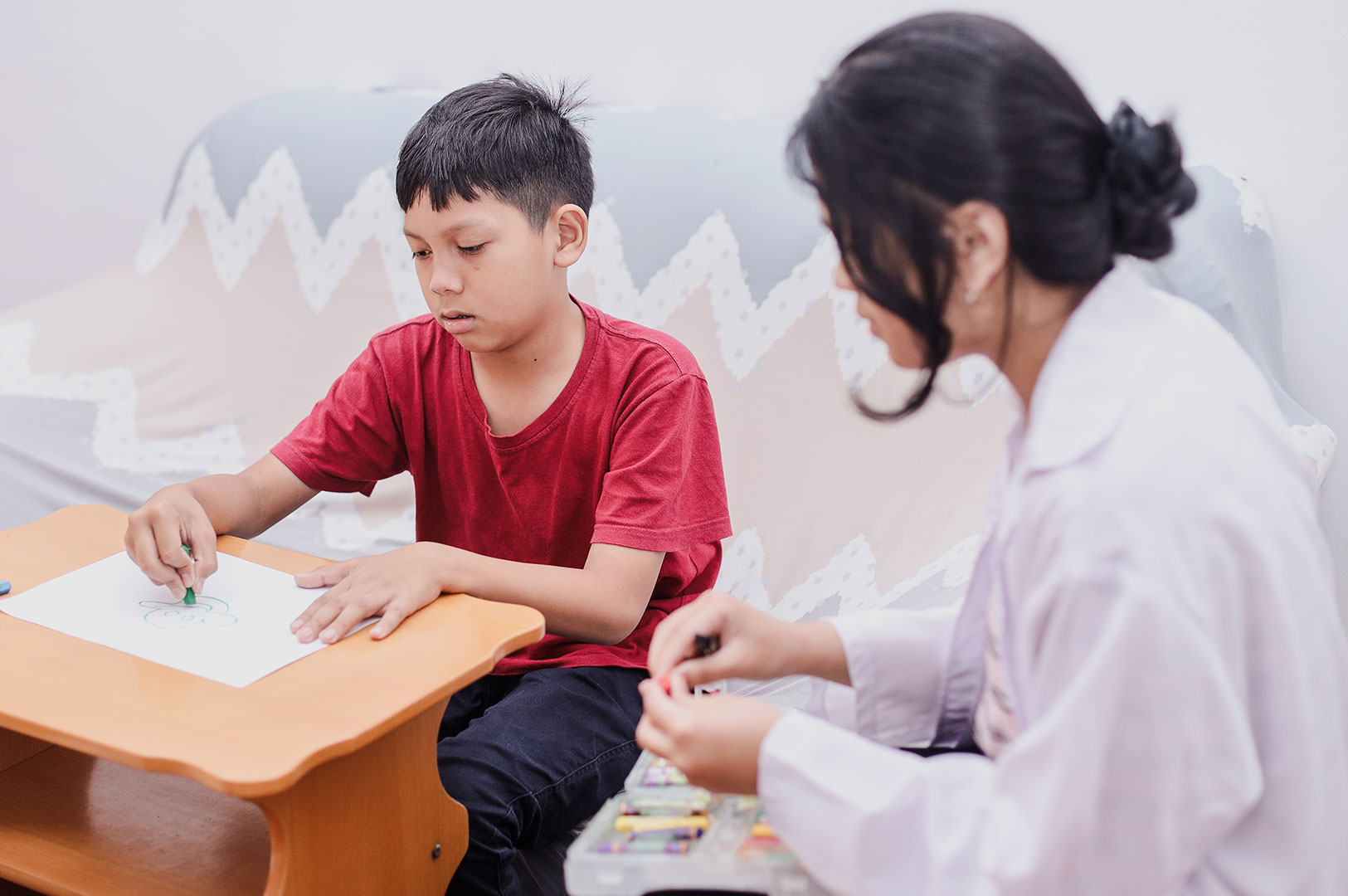The term “virtual autism” has emerged in recent years to describe a set of concerns surrounding the influence of excessive screen time on young children’s development, particularly regarding social and communication skills. It’s important to distinguish virtual autism from Autism Spectrum Disorder (ASD), a complex neurodevelopmental condition with distinct diagnostic criteria.
Is Virtual Autism a Real Condition?
The concept of virtual autism remains a topic of debate within the scientific community. There’s a lack of consensus on whether excessive screen time directly causes autism-like symptoms. However, research suggests a potential correlation between high screen time and delays in social communication skills, a core challenge in ASD.
Assessing Potential Impacts of Screen Time
While a diagnosis of virtual autism doesn’t exist, assessing a child’s development in relation to screen time habits can be valuable. Here’s a breakdown of how such assessments might be conducted:
- Screen Time Monitoring: Recording the duration and type of screen media a child consumes helps establish a baseline.
- Social Interaction Evaluation: Observing a child’s ability to initiate and maintain interactions with peers, both in-person and online, can reveal potential difficulties.
- Communication Skills Assessment: Evaluating a child’s use of language, including verbal and non-verbal cues, can identify areas needing support.
- Developmental Milestones Tracking: Monitoring a child’s progress in reaching key developmental milestones, considering potential delays.
Important Considerations
It’s crucial to remember that these assessments should be conducted by qualified professionals, typically pediatricians or child development specialists. Several factors can influence a child’s social and communication development, and screen time might not be the sole contributor.
Addressing Concerns and Promoting Healthy Development
If concerns arise regarding a child’s development, a healthcare professional can provide guidance and suggest interventions. Here are some general strategies to promote healthy development:
- Limiting Screen Time: The American Academy of Pediatrics recommends avoiding screen time for children under 18 months and limiting it to high-quality programming for older children.
- Encouraging Active Play: Unstructured playtime allows children to explore their environment, develop social skills, and practice communication through pretend play.
- Prioritizing Social Interaction: Creating opportunities for face-to-face interaction with peers and family members is essential for healthy social development.
- Open Communication: Maintaining open communication with your child’s pediatrician allows for early identification and intervention when needed.
The Takeaway
While the concept of virtual autism is still under exploration, it highlights the potential impact of screen time on a child’s development. By monitoring screen habits, seeking professional guidance when needed, and prioritizing healthy social interaction, parents and caregivers can create a balanced environment that fosters a child’s growth.
Find out if your child needs extra support today!
- My child screams hysterically
- My child is mean to other children
- My child is always worried
- My child is scared to go to school
- My child is scared of loud noises
- My child doesn’t know how to read
- My child is scared to play outside
- My child does not respond to his name
- My child always gets in trouble
- My child fights with other children
- My child doesn’t know how to count
If you are concerned about your child’s development, contact us for Assessments: Phone/Telegram: 077.455.993 – Telegram Link: https://t.me/OrbRom
If you are concerned about your child’s development, contact us for Assessments.
Phone/Telegram: 077.455.993 Link: https://t.me/OrbRom






Leave A Comment